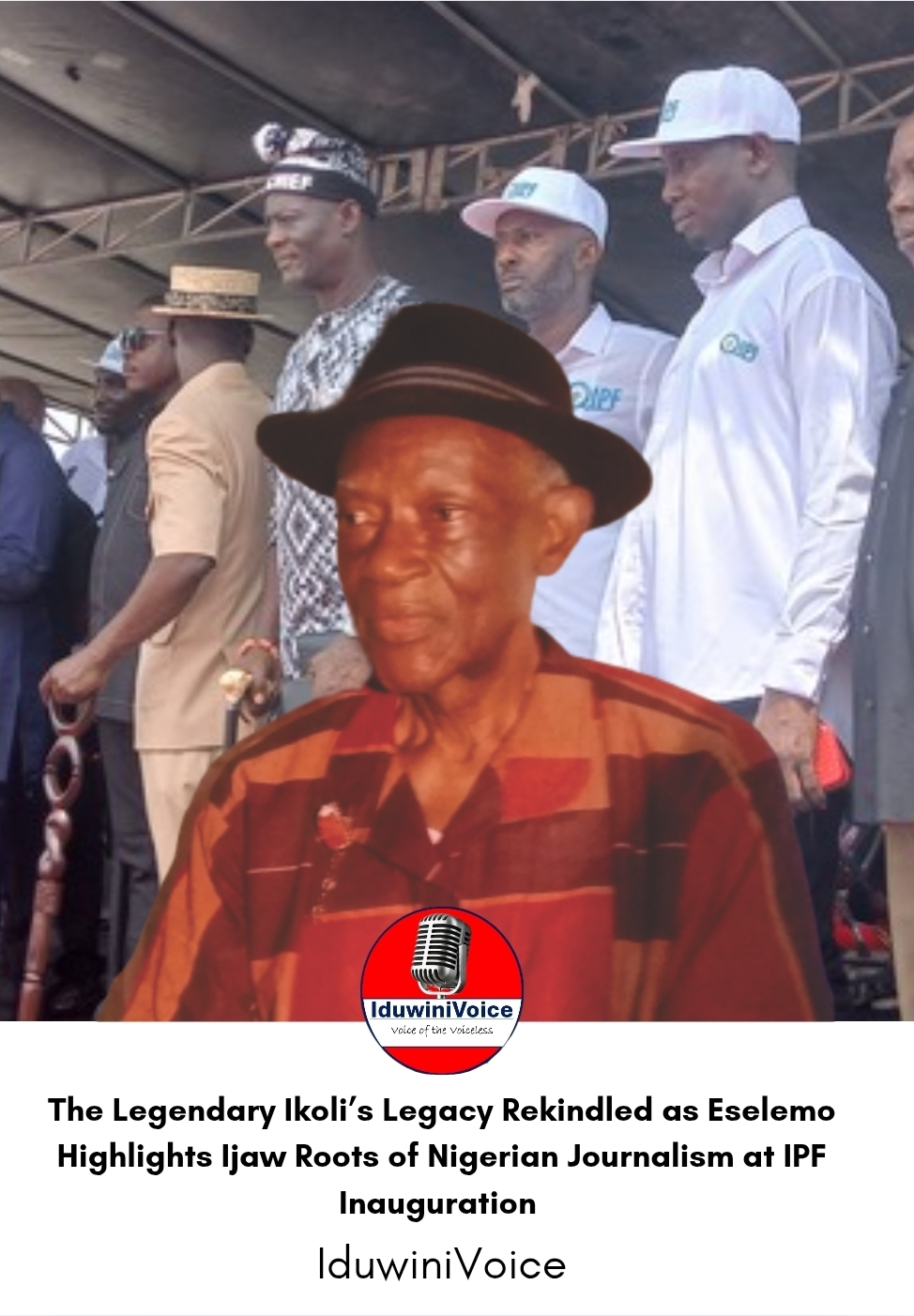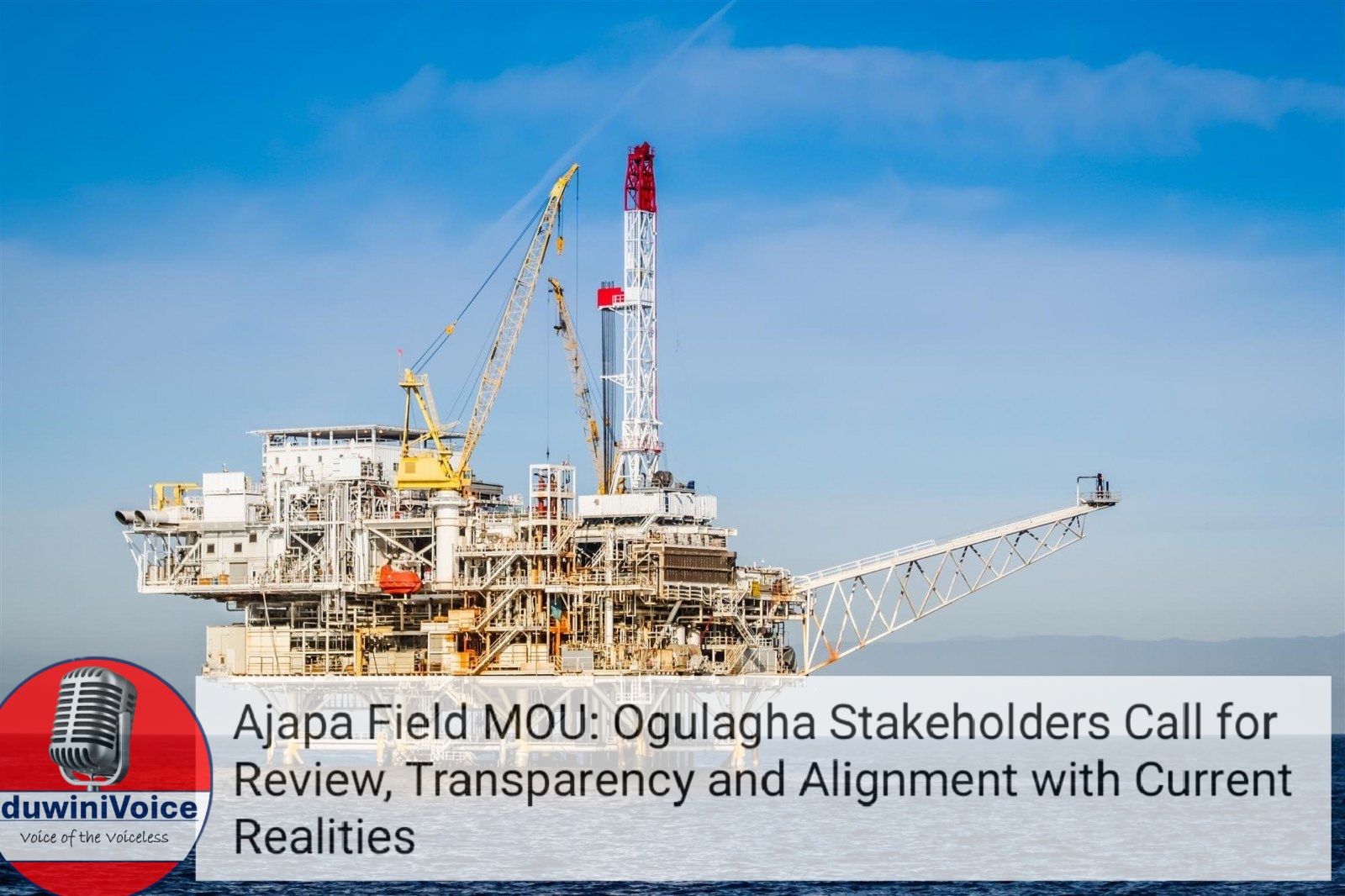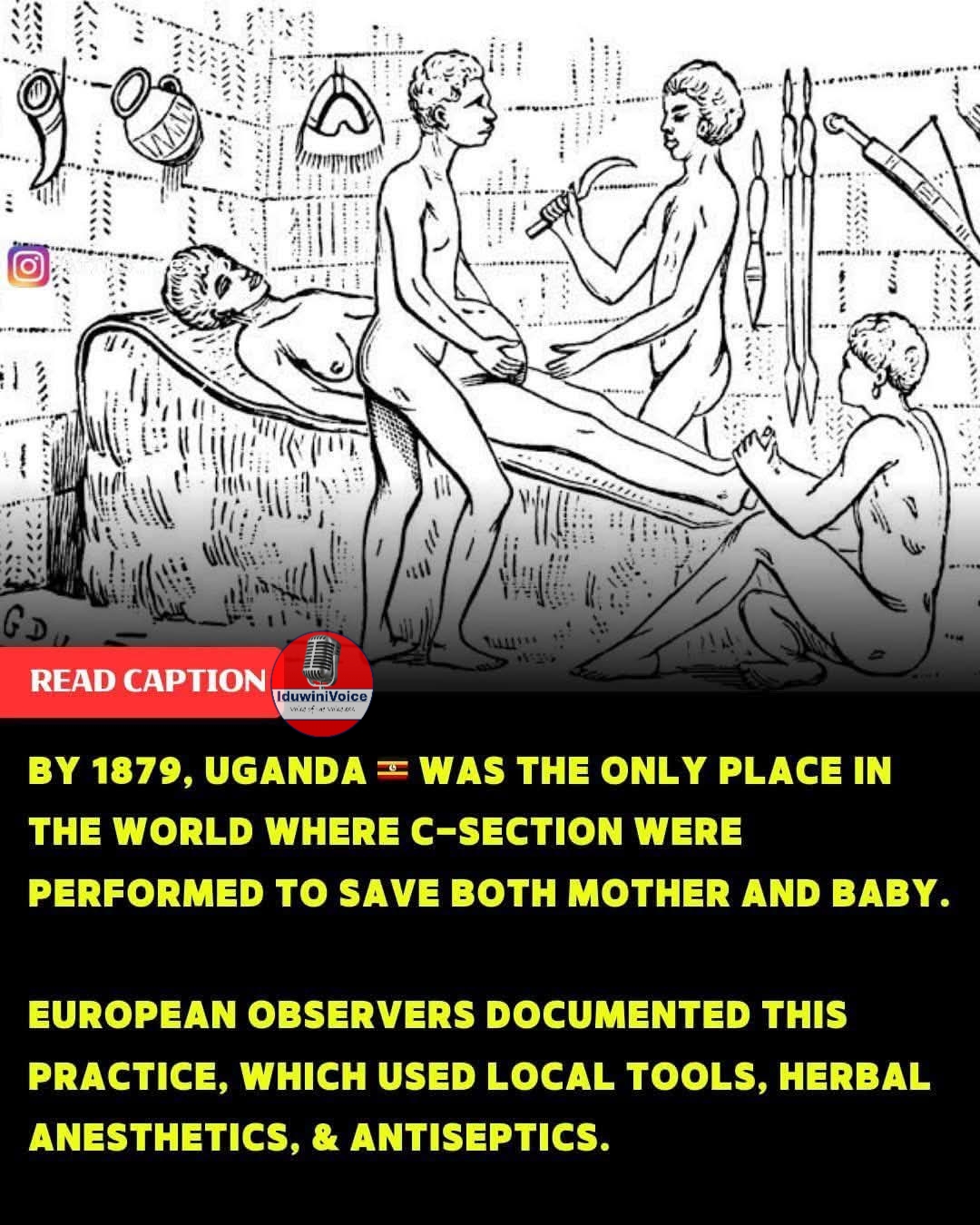News
Tinubu: Overfed Father of Starving Children

IduwiniVoice
Tinubu: Overfed Father of Starving Children
By Farooq A. Kperogi
The unfailingly abiding emotional investment I have in the wellbeing of common people springs forth from my experiential and mediated identification with the twinge of hunger and misery that poverty breeds.
As people who read my columns know, my father, who died on December 31, 2016, was an Arabic/Islamic Studies teacher at a government-owned primary school for almost four decades. His salary was modest and often not guaranteed both during military regimes and civilian administrations. So, my siblings and I grew up in relative deprivation.
But there were choices he made as a father that earned him our unalloyed filial respect, loyalty, and love in spite of our lack. He never ever ate outside for any reason. Even when he was invited to preside over naming or wedding ceremonies, as Malams of his stature often were, he didn’t eat the food he was offered at the venues of the ceremonies. He would always bring it home to us.
When his colleagues would ask him why he didn’t eat outside, he would tell them that he couldn’t bear to luxuriate in outside culinary treats when the children for whom he lived stayed hungry at home or ate inferior food. He thought it was unjustifiably selfish.
He also never had more meat on his plate than we had when we had lunch or dinner. Each time our stepmother gave him more pieces of meat than she gave us children, like clockwork, he would consistently share the extra pieces with us and would watch us like a protective mother hen as we ate.
If he didn’t have enough money to buy new clothes for us, he never bought for himself. In fact, he would often buy clothes for us at the expense of donning threadbare clothes. His fellow Malams were often better dressed than he—because of us.
And he always ensured that, no matter the circumstance, our school fees were paid—even if we couldn’t afford to buy all required textbooks.
We didn’t need to be told that he loved us with the entire fiber of his being. We could feel, even touch, his pure, total affection.
So, on days we had no food, or had food but without meat, and on festive occasions when we didn’t have new clothes like our agemates did, we were never resentful. We knew we would have anything if he could afford it. And even when he disciplined us severely—and he was a strict, stick-wielding, no-nonsense disciplinarian—for our youthful transgressions and indiscretions, we forgave him easily. As young as we were, he made us understand the concept of tough love without articulating it.
That’s why I miss my father sorely every single day, and why he continues to be my most important role model.
There is a parallel between being the father—or mother—of children and being the president of a country. Just as selfless, responsible parenting automatically inspires filial respect and love, compassionate, responsible governance engenders patriotism and makes possible national self-sacrifice from citizens.
The more I read stories of President Bola Ahmed Tinubu’s profligate expenditures and vain acquisitions amid the once-in-a-generation cost-of-living crisis that ordinary Nigerians are going through as a direct consequence of his economic policies, the more I think of my late father.
If my father had splurged on himself while his children starved, would we have been as emotionally attached to him as we were—and still are posthumously? Would he have been able to persuade us that we didn’t have the fine things of life because he lacked the means to buy them for us?
Nigeria has one of the world’s highest poverty rates. Most Nigerians now live in way worse poverty than I lived in when I was growing up. Yet Tinubu’s economic reforms consist basically in denuding citizens of some of the subsidies we had taken for granted—relatively cheap petrol (which leads to affordable transportation and food costs), subsidized education (which allows the son of a primary school teacher like me to go to university), etc.
The justification for these “reforms” is that Nigeria is too poor to be able to sustain programs that help the poor to survive and thrive. So, sacrifice is required to rejig the economy. Money saved from the (temporary) withdrawal of the state from the lives of the people will be invested to ensure a greater, brighter, more prosperous tomorrow. Untrue, but fair enough.
But why is the sacrifice a one-way traffic? At the time that everyday folks have been told to contend with unsustainably extortionate petrol and electricity prices, which have had a domino effect on all aspects of life, President Tinubu bought for himself a new presidential jet worth $150 million, which is the equivalent of more than N150 billion!
This is aside from the fact that the sum of N12.7 billion has been allocated in the 2023 supplementary budget for the maintenance of the presidential air fleet. A country too poor to provide much-needed subsidies for its poor shouldn’t have a president who flies in an expensive plane or an air fleet that guzzles that much money to maintain.
The UK is a much wealthier country than Nigeria. It gives its citizens the sorts of subsidies that Nigerians have been blackmailed into accepting that they are unworthy of, but the UK Prime Minister had no dedicated aircraft until 2016 when a plane was purchased for the Prime Minister (and “other ministers and senior members of the royal family when they travel on official engagements”) at the cost of $15 million.
UK government officials, including the Prime Minister, used to charter commercial jets for official travels. Until 2016, the “United Kingdom was, in fact, the only one among the Group of Seven industrialized countries without a dedicated government VIP jet,” according to the Points Guy website.
Recall that Tinubu caused a well-deserved national stir when he ordered the purchase of a presidential yacht worth N5 billion sometime in 2023. It also came to light that he bought for himself a bulletproof Escalade SUV worth N1.5 billion, among other examples of indefensible epicurean lavishness.
In response to my last week’s column, a government apologist (who knows if he is a government appointee?) pointed out to me that, “The price of petroleum [in Nigeria] was the second lowest in the world (in dollar terms) by the time the subsidy was (partially) removed.”
He said this as an indictment. He is miffed that Nigeria had the second lowest petrol price in the world. I doubt this is even true, but even if it were true, what’s wrong with that? It’s like a wealthy but stingy father who splurges on himself telling his starving children that they don’t deserve the crumbs he throws their way because there are poorer neighbors with way hungrier children than they.
So, the rich but penny-pinching father stops the crumbs to the children but continues to luxuriate in conspicuous opulence while telling his children to learn to sacrifice for a greater tomorrow. That’s not a father worth respecting or obeying.
A president who indulges in the kind of primitive acquisitiveness and conspicuous consumption that are becoming the trademark of President Tinubu at the expense of subjecting the broad masses of the people to the most extreme deprivation that Nigeria has witnessed in living memory has no moral right to expect patriotism or willing sacrifice.
If President Tinubu and members of this government are serious about “sacrificing,” in light of the fact that Nigeria is “broke,” they should first give up their own “subsidies.” There is neither honor nor dignity in being the overfed father of starving children.
News
The Legendary Ikoli’s Legacy Rekindled as Eselemo Highlights Ijaw Roots of Nigerian Journalism at IPF Inauguration

By Favour Bibaikefie
WARRI — The enduring legacy of Ernest Sisei Ikoli took centre stage last Thursday in Warri as prominent Ijaw leader, Prince Collins Eselemo, a politician, foremost Ijaw nationalist and an advocate for Resource Control, declared that Nigerian journalism was built on foundations laid by Ijaw pioneers.
Speaking at the inauguration of the new National Executive Council of the Ijaw Publishers’ Forum (IPF), Eselemo asserted that the history of journalism in Nigeria cannot be told without acknowledging Ikoli’s towering contributions.
Ikoli, born in 1893 in Twon-Brass, present-day Bayelsa State, is widely recognised as one of the founding figures of modern Nigerian journalism. He became the first editor of the Daily Times of Nigeria in 1926, shaping public discourse during the colonial era through bold editorials and nationalist advocacy.
At the IPF second inauguration ceremony held last week at Ogbe-Ijoh, Warri, Eselemo maintained that Ikoli’s role in the nationalist struggle and media development underscores what he described as the intellectual heritage of the Ijaw people. He noted that Ikoli’s early association with John Payne Jacksonat the Lagos Weekly Record helped sharpen a nationalist press culture that later influenced a generation of political leaders.
Historical records show that Ikoli founded The African Messenger in 1921 before later editing The Daily Service, the mouthpiece of the Nigerian Youth Movement (NYM), which he co-founded alongside Hezekiah Oladipo Davies and J.C. Vaughan. The NYM later attracted nationalist figures including including Nnamdi Azikiwe and Obafemi Awolowo.
As president of the NYM, Ikoli was elected into the Legislative Council in 1942 and 1946, where he advocated educational reforms and greater Nigerian representation in governance. His philosophy of “one Nigeria, one Africa, one destiny” reflected a pan-African outlook that transcended ethnic lines.
Eselemo’s remarks at the IPF ceremony come amid renewed conversations about the contributions of minority ethnic groups to Nigeria’s political and media history. He urged contemporary publishers to emulate Ikoli’s courage, professionalism and commitment to truth.
Ikoli was awarded the Officer of the Order of the British Empire (OBE) in 1954 and lived to witness Nigeria’s independence on October 1, 1960, before passing away weeks later on October 21.
Today, his memory is preserved through scholarly works, the Bayelsa State “Earnest Ikoli Press Centre, and the Ernest Sisei Ikoli Foundation in Lagos, reinforcing Eselemor’s argument advanced in Ogbe-Ijoh, Warri — that the story of Nigerian journalism remains incomplete without acknowledging its Ijaw pioneers.
News
Ajapa Field MOU: Ogulagha Stakeholders Call for Review, Transparency and Alignment with Current Realities

By Charity Ebi
OGULAGHA, DELTA STATE — Nearly two decades after a Memorandum of Understanding (MOU) was signed between Britannia-U Nigeria Limited and Ogulagha Kingdom in Burutu Local Government Area, stakeholders in the oil-bearing community are calling for a comprehensive review of the agreement to reflect present-day economic and industry realities.
The 2007 MOU, tied to operations at the Ajapa Marginal Field, was introduced as a framework for peace, development and mutual benefit. However, community representatives say that while the agreement may have appeared workable at inception, its fixed financial structure has been overtaken by inflation, rising oil revenues and evolving governance standards within Nigeria’s petroleum sector.
Addressing journalists on behalf of stakeholders, Mr. Jude Iyelagha stressed that the concerns being raised should not be misconstrued as an attack on the integrity of Ogulagha’s traditional or political leadership.
“This is not an attempt to indict or insult the credibility of our revered leaders,” Iyelagha clarified. “Rather, it is an encouragement for leaders to revisit the well-documented terms, review them in line with current realities, and ensure they are fully implemented for the benefit of our people.”
Modest Provisions, Expanding Industry
Under the MOU, provisions reportedly included annual allocations for community drugs, scholarships for secondary and tertiary students, training slots at the Petroleum Training Institute (PTI), allowances for trainees, incentives for science teachers and sitting allowances for kingdom committee meetings.
While these figures may have been considered reasonable in 2007, stakeholders argue that their real value has significantly diminished over time due to inflation. Crucially, the sums were fixed and not indexed to oil prices, production output or inflationary trends.
Using conservative production estimates common to marginal fields in the Niger Delta, observers note that annual gross revenues from such operations could run into tens of billions of naira. When juxtaposed with community allocations that reportedly totalled only a few million naira annually at inception, the proportional disparity becomes a central point of concern.
For residents, the issue is less about confrontation and more about fairness.
Development Expectations in a Resource-Rich Area
Ogulagha Kingdom remains one of the oil-producing hubs in Delta State. Yet stakeholders point to ongoing challenges including limited healthcare facilities, youth unemployment, fragile road networks, environmental vulnerability and constrained access to higher education funding.
Community leaders argue that development in oil-bearing areas should translate into tangible infrastructure such as modern health centres, shoreline protection projects, potable water systems, vocational training hubs and structured employment pipelines.
“The frustration is not hostility towards investment,” a stakeholder noted. “It is about proportionality and visible impact.”
Shareholding Claims and Transparency Concerns
Beyond the MOU, a more complex issue has emerged. Leaders within the kingdom assert that Ogulagha may not only be a host community but also a registered shareholder in the Ajapa Marginal Field structure, allegedly documented with the Corporate Affairs Commission.
If such shareholding exists, corporate law provides for certain rights, including access to audited financial statements, notice of Annual General Meetings and entitlement to dividends where declared.
Stakeholders claim that consistent access to production data, audited accounts and dividend clarity has not been fully established, raising questions about governance participation.
Again, Iyelagha emphasised that the intention is not to cast aspersions.
“We believe in dialogue and institutional engagement. What we are asking for is clarity, transparency and alignment with statutory expectations where applicable,” he said.
Petroleum Industry Act and Changing Standards
Analysts observe that the Petroleum Industry Act (PIA) has introduced more structured host community frameworks and governance mechanisms. Agreements executed before the reform era, they argue, may require review to align with contemporary standards of transparency and proportionality.
Stakeholders maintain that revisiting the 2007 framework would not only protect the long-term interests of the kingdom but also strengthen investor-community relations.
Company Response Awaited
Efforts to obtain official comments from Britannia-U Nigeria Limited were unsuccessful at the time of filing this report. The company’s response, when received, will be reflected in subsequent updates.
For now, the central appeal from Ogulagha stakeholders is measured and deliberate: a call for leaders to examine documented agreements, align them with present realities, and ensure that promises made translate into visible, sustainable benefits for the kingdom.
As one community voice put it, “Oil is finite, but our people and our future must endure.”
News
How Ugandan Healers Performed Successful Cesarean Sections in 19th Century – Archived Records

By Favour Bibaikefie
Historical medical records have revealed that indigenous surgeons in the Buganda Kingdom of present-day Uganda were successfully carrying out cesarean sections as early as 1879 — a period when the procedure was still considered highly risky in many parts of Europe.
The account was documented by British medical practitioner and explorer Robert William Felkin, who witnessed and later published details of the operation in the Edinburgh Medical Journal in 1884 under the title “Notes on Labour in Central Africa.”
According to Felkin’s observations, the procedure involved the use of banana wine as a cleansing agent, herbal preparations to manage pain, and cauterization with heated metal to control bleeding. Both mother and child reportedly survived the surgery — an outcome that drew significant attention from European medical circles at the time.
Felkin described the process as orderly and deliberate, noting that the practitioners demonstrated familiarity with anatomy, sterilization methods available to them, and post-operative care. The documentation challenged prevailing 19th-century assumptions that advanced surgical knowledge was absent in African societies before colonial contact.
Medical historians note that cesarean sections in Europe during the mid-1800s were often fatal due to infection and limited antiseptic knowledge. Antiseptic surgical techniques only became widely accepted in Europe toward the late 19th century following developments associated with figures such as Joseph Lister.
Scholars argue that the Buganda example illustrates a broader pattern of indigenous scientific knowledge that predated colonial rule. In his work, historian highlighted the complexity of African societies prior to European intervention, disputing narratives that framed the continent as lacking innovation or structured knowledge systems.
Experts say the 1879 account underscores the need for a more balanced historical perspective — one that acknowledges Africa’s contributions to medicine, technology, and empirical science long before formal Western medical institutions expanded into the continent.
The rediscovery and renewed discussion of such records continue to prompt debates about how global scientific history is written — and whose knowledge systems are recognized.
Source: African Echo
